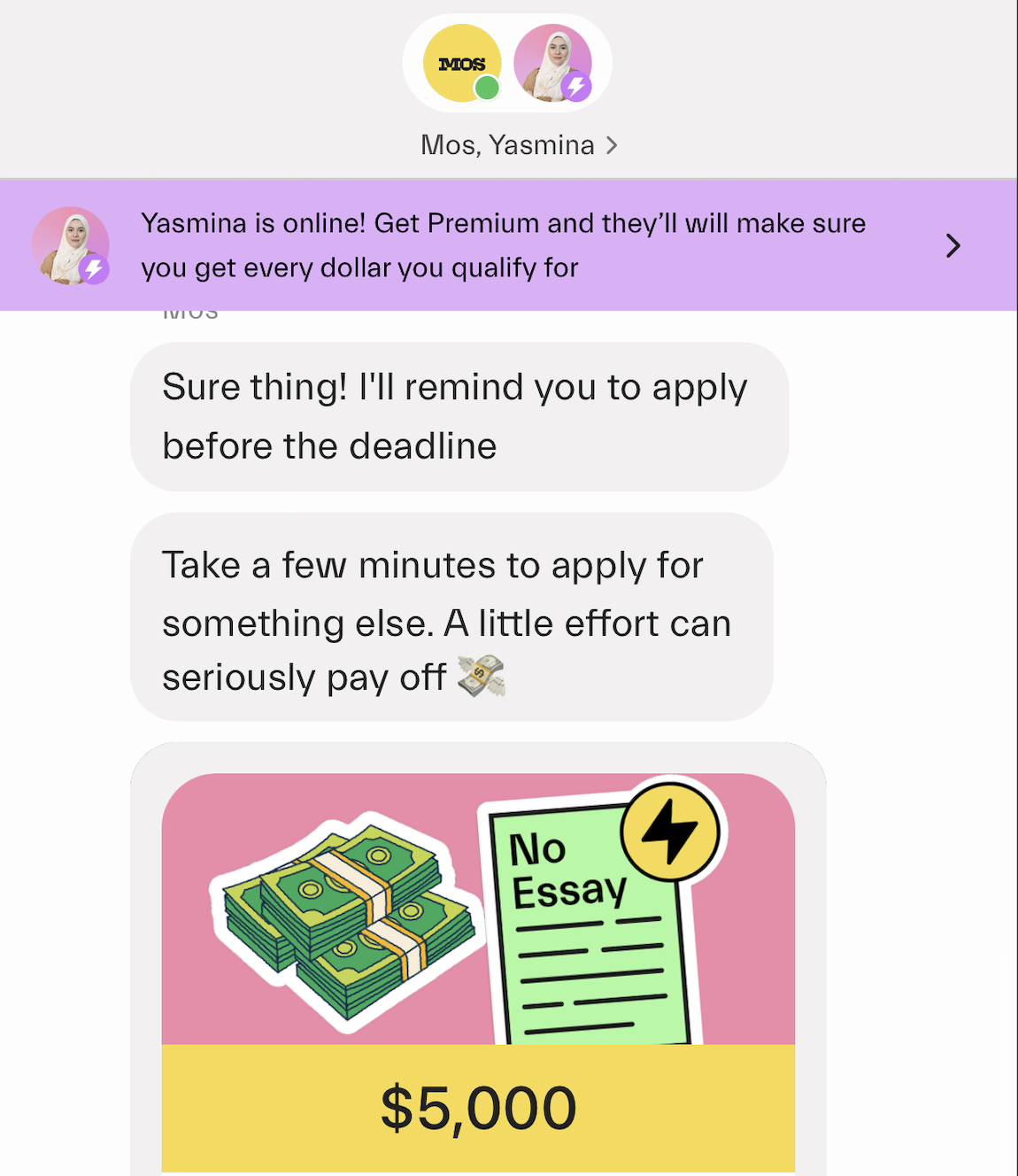The Charles Klotzer Media Literacy Award was presented to STLCC-Meramec on Oct. 4, 2009 at Webster University
Andrea Royals
– Staff Writer –
The Charles Klotzer Media Literacy Award was presented to STLCC-Meramec on Oct. 4, 2009 at Webster University for co-sponsoring Media Literacy Week. The award is given annually by the Gateway Media Literacy Partnership (GMLP) to various professionals and organizations in the St. Louis area who have demonstrated support for media education.
Meramec, which has sponsored Media Education Week on campus since 2004, teamed up with GMLP for the first time to promote Media Literacy Week, an event that included over 1000 patrons from across St. Louis. Webster University, University of Missouri-St. Louis, Southern Illinois University-Edwardsville and Lindenwood University also contributed to the week long event.
“This really is a campus award, from the administration all the way down to the students,” said Eric Meyer, head of Media Literacy Week at Meramec who received the award on behalf of the campus. Without support from the administration, including the communication, sociology, and political science departments, as well as interest from students, Media Literacy Week would not have been possible, Meyer said.
Charles Klotzer, for whom the award is named after, began publishing the St. Louis Journalism Review (SJR) in 1970 when he saw that newspapers were not reporting the basic facts of the Chicago 1968 Democratic National Convention accurately. Riots had broken out between student protesters and police officers on the streets outside the convention, and the media held protesters responsible for the violence.
“My papers were lying,” Klotzer said. “We were there. We ought to do something about it.” Klotzer’s determination to report honest information has coined him as the “Father of Media Literacy” in St. Louis.
Meyer said, quoting media theorist Neil Postman, “We are likely the best entertained and least informed people in the world.” Meyer said, “Entertainment is becoming much more the subject of news and it is detrimental to the political process.”
After viewing a poll that analyzed audience understanding of news coverage about the war in Iraq, Meyer learned that only 23 percent of those who consume public broadcasting were unfamiliar with the basic facts of the war, compared to the 80 percent of those who watched the Fox News Network, and the 40 percent who read print sources. Meyer said he “was used to disagreeing with people, but not with basic facts and the irrational.”
Media Literacy Week, which ended Oct. 10, promoted the theme of a “remix culture”, a phrase adopted from copyright activist Lawrence Lessig. “A Remix Culture is a society which encourages derivative works,” Meyer said. Choosing to focus on the entertainment industry and ethical concerns in education, the week hosted several forums dedicated to remixing and the legality of this practice.
“We are criminalizing an entire generation by not addressing the intellectual property issues head on,” Meyer said, explaining that both educators and students must be familiar with the rules of copyright and fair use when producing creative works.
“Fear is stifling education, not encouraging it,” Meyer said. “Fear is stifling culture, not encouraging it.” Meanwhile, Meyer said the generation of students is media savvy to an extent, “but prone to mistakes,” explaining that at times students assume they are more media literate than they actually are.
Meramec, with help from organizations including GMLP, will continue to push the issues of media literacy in hopes to foster a well-informed society. Said Meyer, “We must keep doing it. We are only getting started.”










